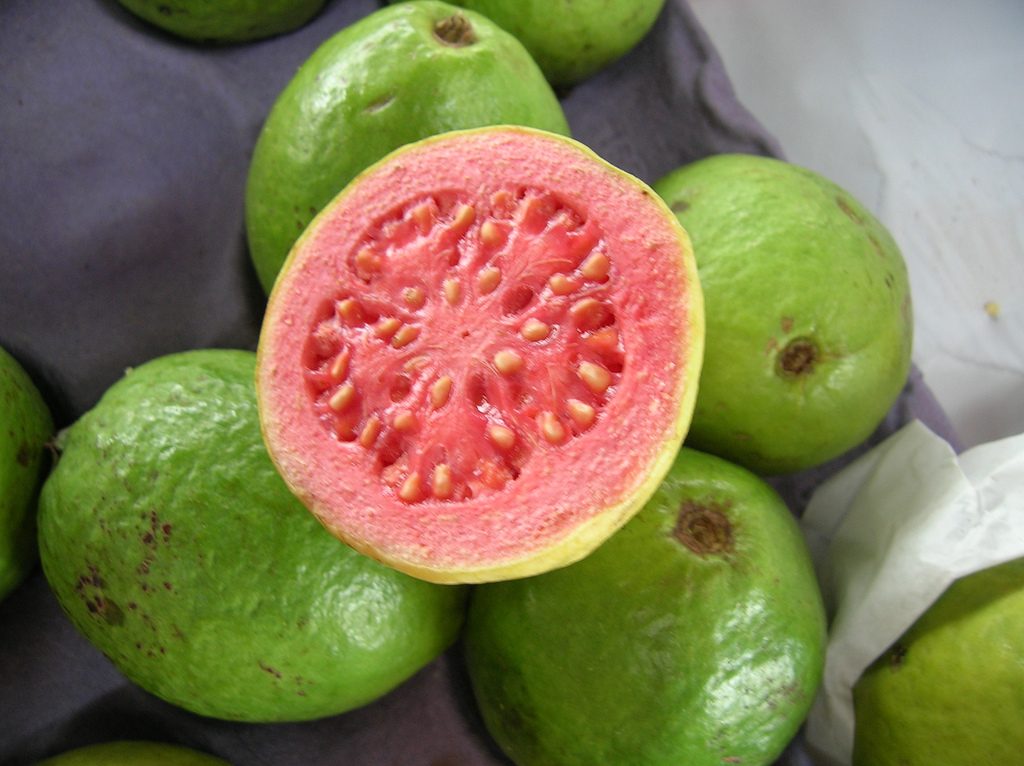Can I Overdose on Vitamin C?

Photo: Victoria Rachitzky Hoch
Also known as ascorbic acid, vitamin C is a vital part of a healthy immune system and keeps us guarded from infection. It also promotes faster wound healing. Though the vitamin is a crucial component for the human body, considerably high amounts of vitamin C intake can also prove to be risky and may result in several mild to severe side effects. Thus, it is best to avoid overdosing on vitamin C by maintaining a normal intake.
What is Vitamin C?
Classified as a water-soluble vitamin, vitamin C is an essential vitamin found in various fruits, particularly citric fruits, and vegetables.
Vitamin C has several benefits for living organisms. In particular, it is commonly associated with preventing colds and flu and is best known for its reputation for strengthening the body’s immune system. It also has been linked to the prevention and treatment of certain cancers.
While not an essential nutrient, vitamin C is important and low levels of the vitamin may lead to a deficiency and eventually cause a terribly deadly disease called scurvy. Common among sailors in the 16th through 19th centuries, scurvy was common due to limited access to fresh fruits and vegetables.
Is It Really Possible to Overdose on Vitamin C?
Vitamin C is not stored inside the body and requires regular replacement, which makes it very difficult to achieve high body concentration levels. Even so, extremely high doses have been safely administered to help treat certain illnesses and disease.
However, there is a known upper tolerable intake level (UL) for vitamin C and that is 2,000 mg per day. This is the highest safe level for most individuals, where amounts exceeding this value may cause unwanted symptoms. In the case of vitamin C, a person may experience mild to severe stomach aches and diarrhea, depending on the quantity consumed.
Consuming 2,000 mg of vitamin C from food is quite difficult. You would have to consume 7 cups of guavas in order to exceed this level. It’s those of you that are using supplementation that should be careful, as many pills contain levels reaching 1,000 mg each with a timed-release, and it’s not a stretch to ingest more than 1 a day, especially during a period of illness.
I can tell you from personal experience that in times when I have gotten sick, I have supplemented with between up to 2,000 mg of vitamin C per day with no issues (1 gram in the morning and another at night). I’ve also had some fresh fruit during this time as well if I’m totally being honest.
Symptoms Of A Vitamin C Overdose
People suspected of having vitamin C overdose can either experience minor or major symptoms or sometimes a combination of both.
- For minor symptoms, the patient may experience nausea and vomiting, dizziness, gas, feeling of bloating, indigestion, diarrhea, fever, headache, or a mouth ulceration.
- For severe cases (which usually arise when the individual consumes more than 6000 mg/day), one might expect similar effects, but to a more severe and painful degree.
One common major symptom seen in most individuals are kidney stones, as ascorbic acid helps absorb calcium and excess amounts of calcium inside the kidney can result in formation of kidney stones.
Copper deficiency is also linked to a vitamin C overdose. Other major symptoms include dental cavities, jaundice infection and severe back pain.
Recommended Intake
The recommended value of vitamin C intake varies with the age and gender of the individual. For children from 9 to 13 years of age, 25 to 50mg per day is recommended. For male teenagers, 75mg per day is ideal while 65mg is required for female teenagers. For adult males, 90mg is required daily while women need 75mg of vitamin C. Special cases require higher doses of vitamin C, such as heavy smokers, pregnant women and lactating mothers.
Where to Find Vitamin C
The best way to intake vitamin C is, of course, through diet. Include more fruits and vegetables at each meal. Though there are multivitamins and pills that can supply your adequate take of vitamin C, fruits and vegetables are your best sources because you are getting a plethora of other nutrients (not just one nutrient) that work together for absorption, digestion, etc.
- Citrus fruits are a great source for vitamin C. In fact, just one cup of fresh squeezed orange juice can provide 125mg of vitamin C which may give you more than enough of the recommended daily allowance you require (which is 50 to 75mg). Kiwi is another good source of vitamin C with up to 70mg for one medium fruit.
- Vegetables are also loaded with ascorbic acid. This includes broccoli, red pepper and green pepper. Tomato juice is also a good food source with 45mg for each cup.
Personally, other than natural food sources of course, I supplement with vitamin C during cold and flu season. This is my brand of choice: Solaray Vitamin C with Rose Hips & Acerola | Two-Stage Timed-Release Formula | 1000mg.
Final Thoughts
If you are worried about overdosing on vitamin C, follow the recommended intake levels and stick to whole food sources. It is quite difficult to overeat fruits and vegetables in your diet.
Choosing to get vitamin C from raw foods and not from supplements is single best thing you can do to prevent an overdose or insufficiency of vitamin C.